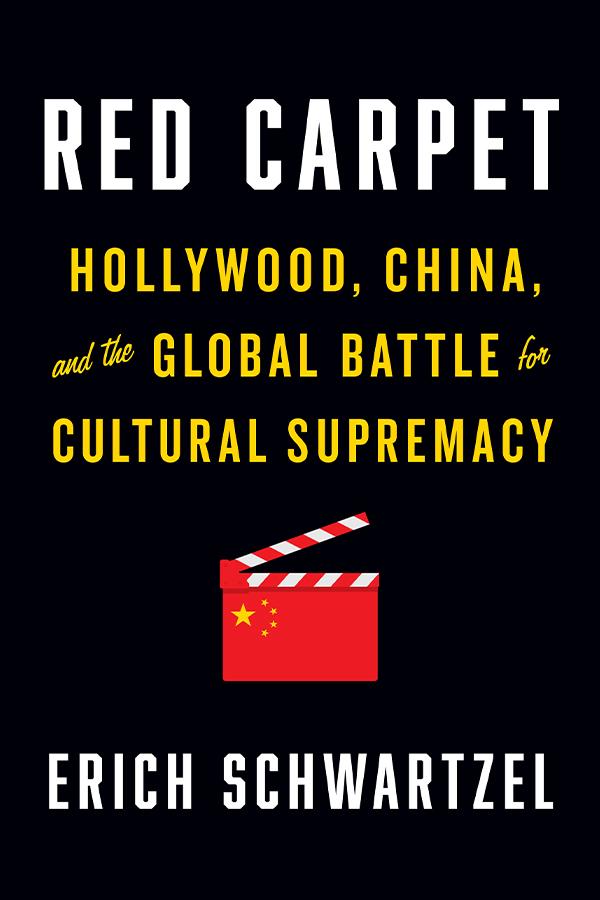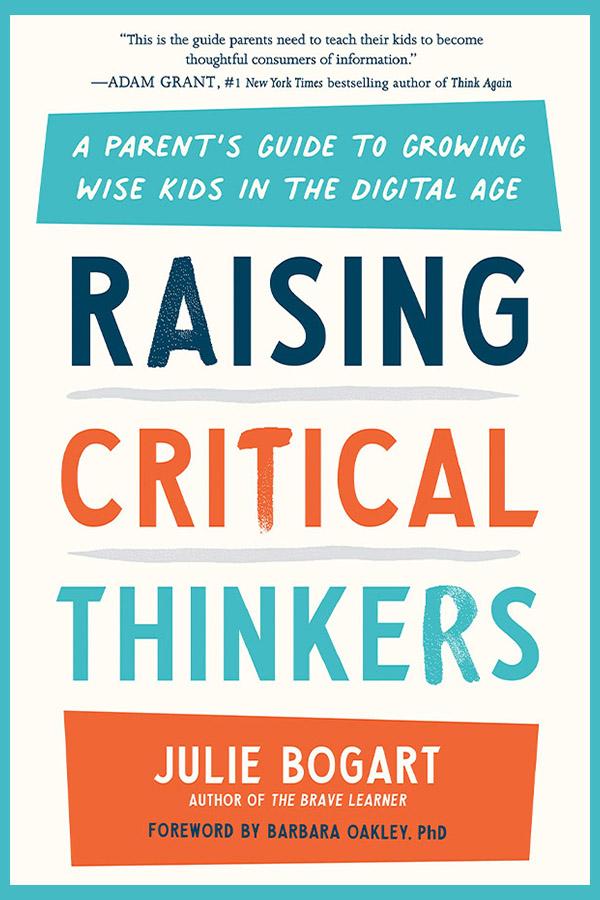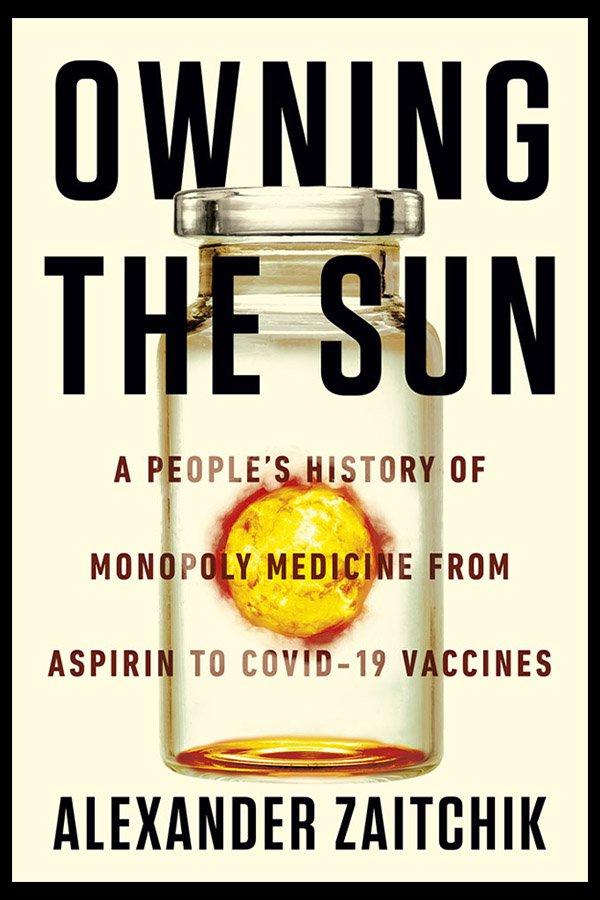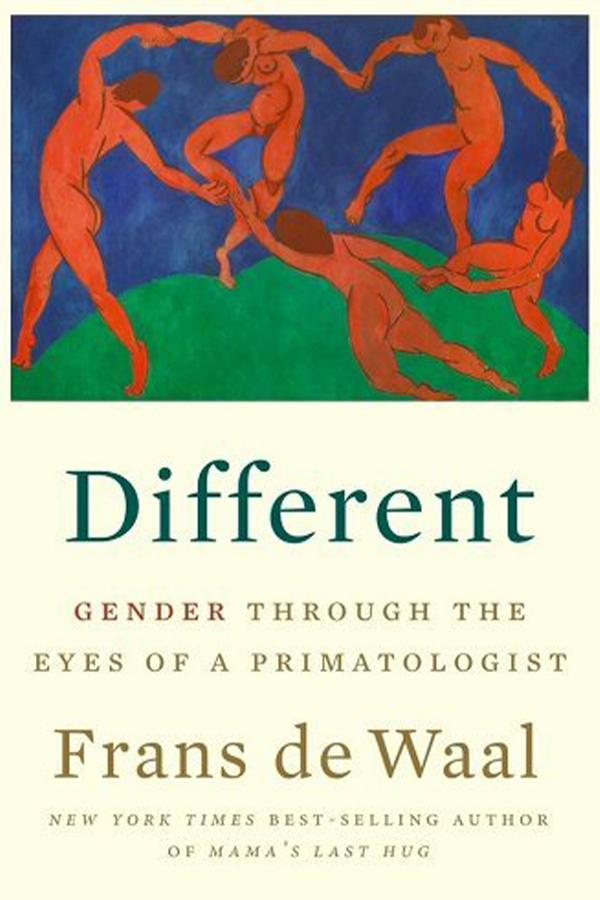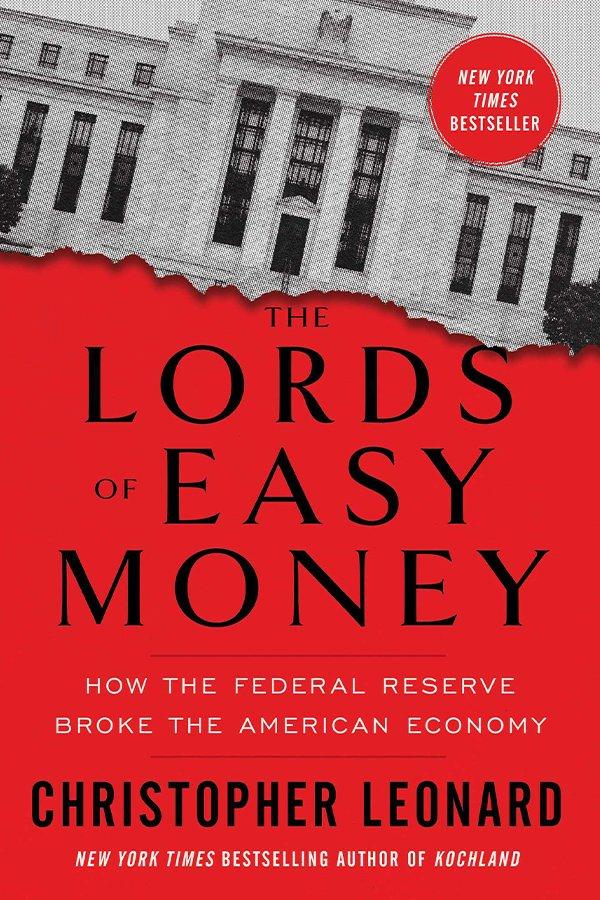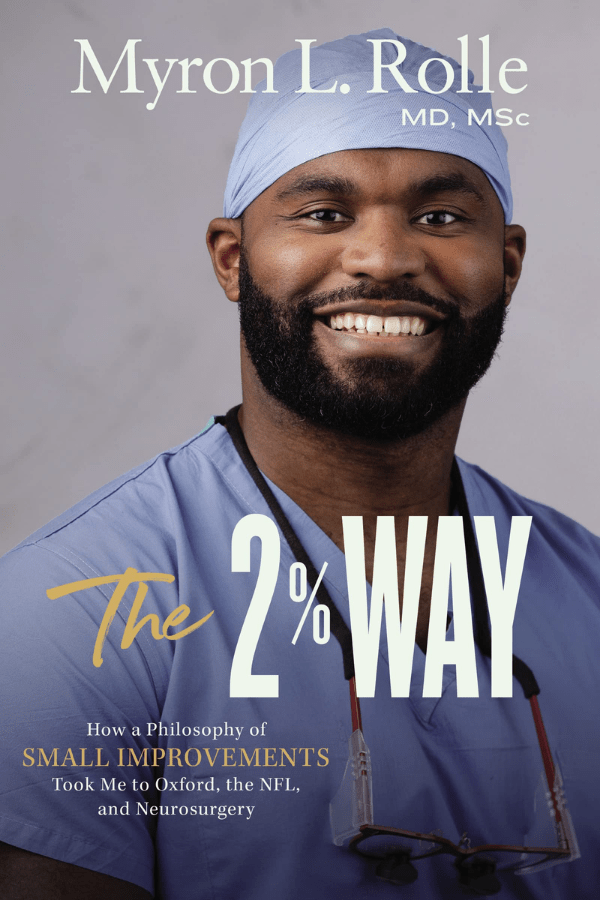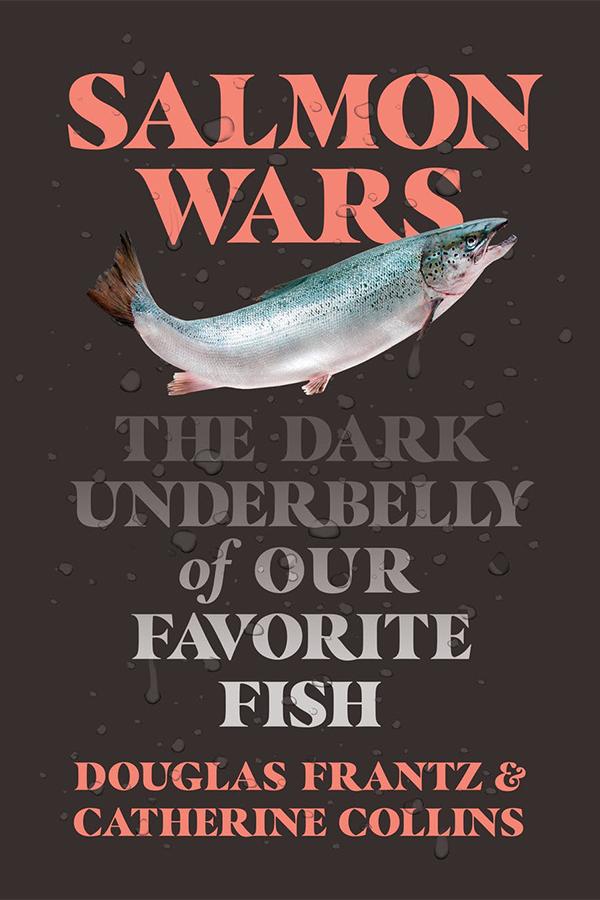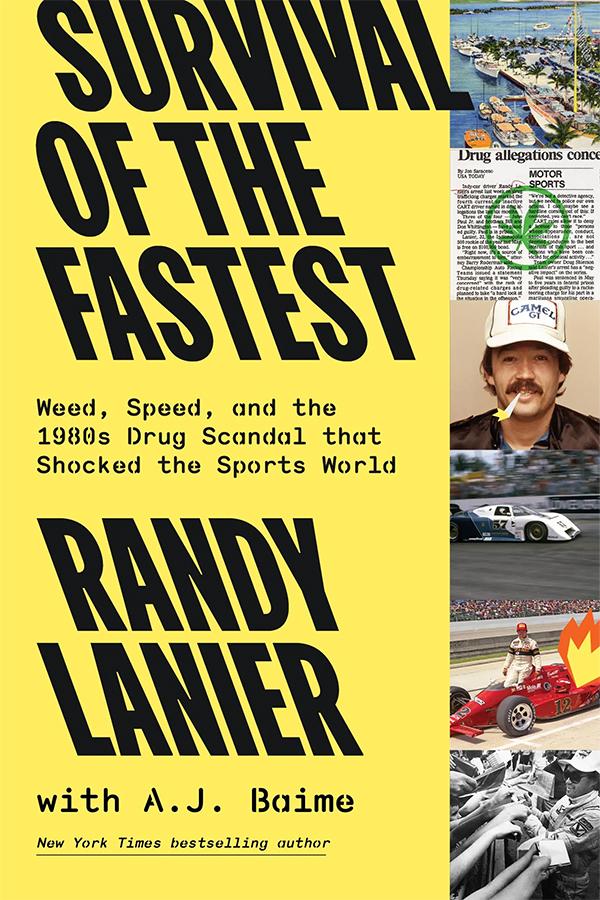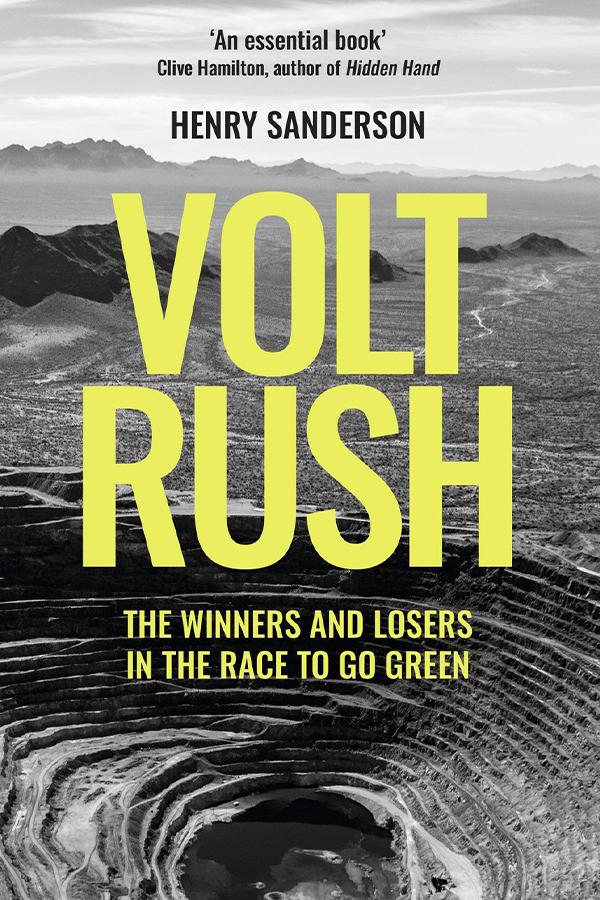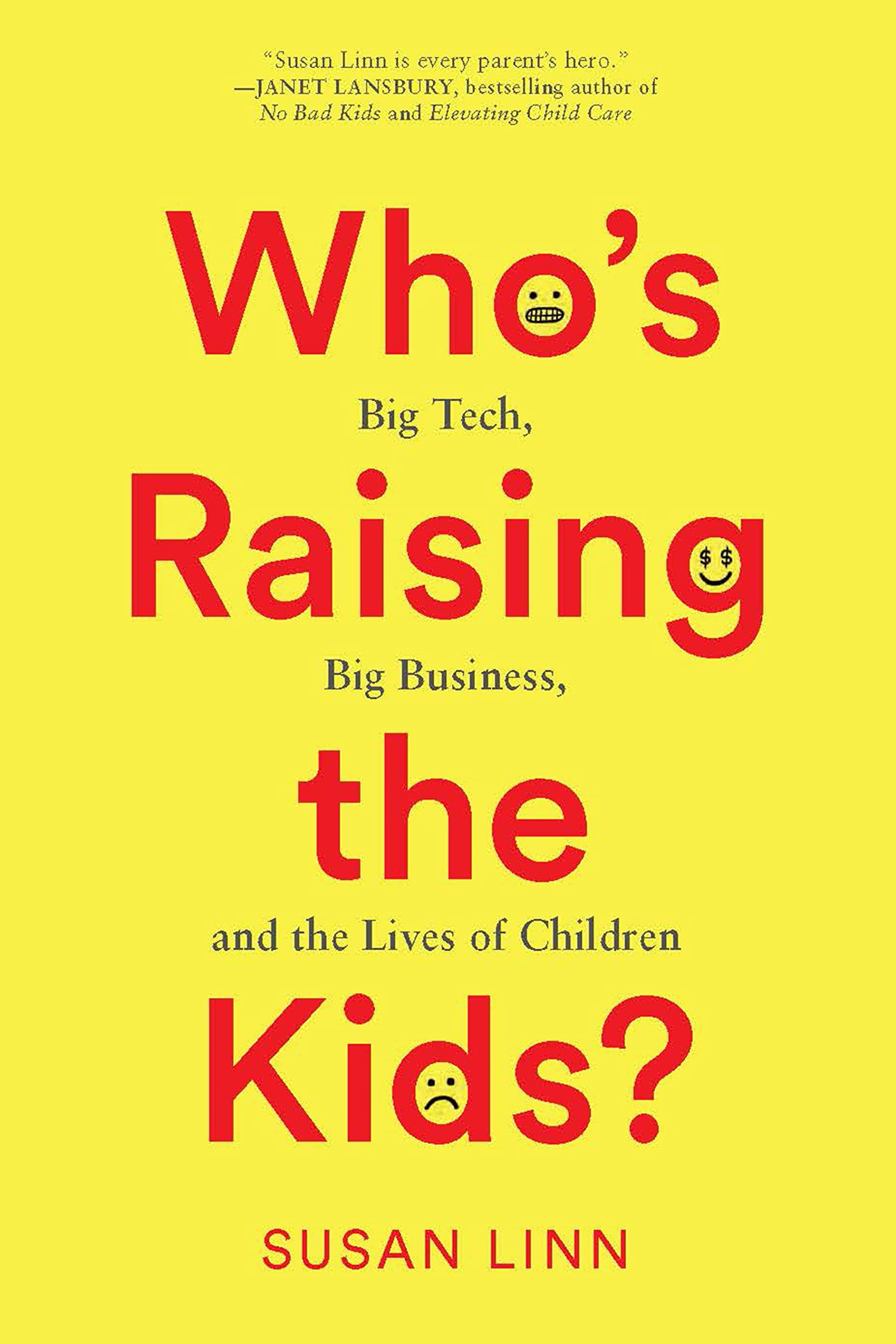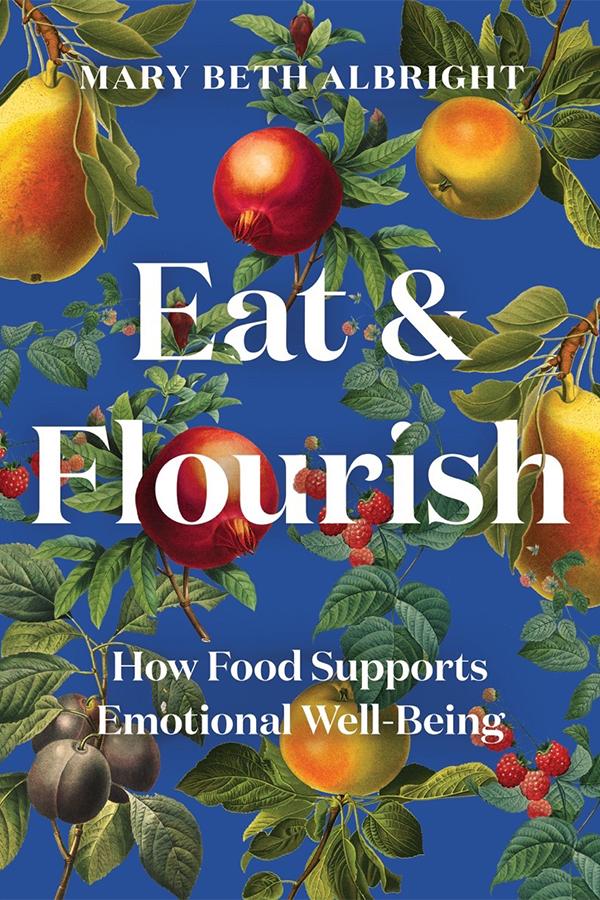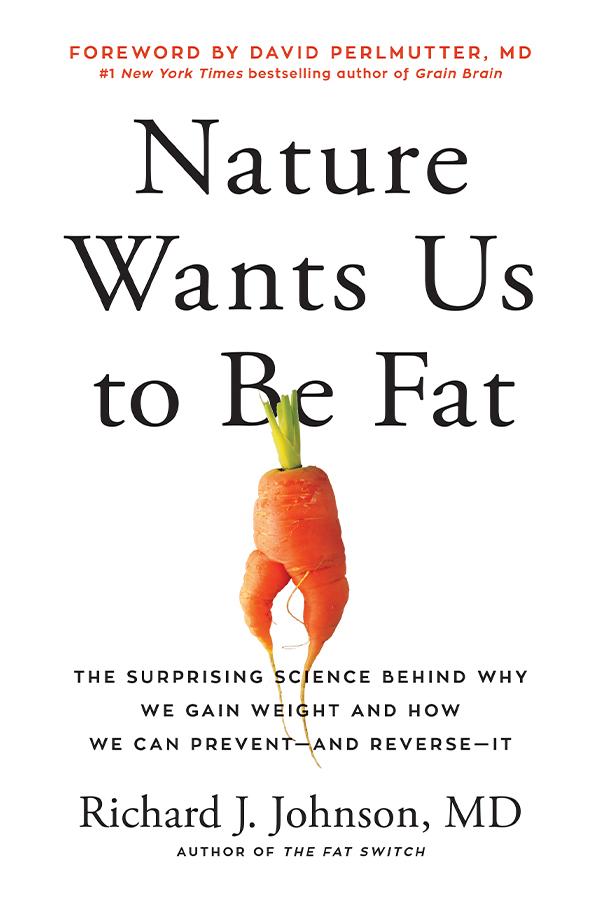2022 Books of the Year
Click the book for our interview with the author!
Erich does a magnificent job of explaining how Hollywood’s lust for Chinese audiences allowed the CCP to influence numerous production aspects of many big-budget films, all while providing the US blueprint for how to make movies.
In a world where too many kids are being passively discouraged from thinking for themselves, Julie Bogarts provides guidance for engaging children to help them question the world around them, becoming savvy problem-solvers along the way.
If only medicine were as simple as creating affordable drugs that truly help those who are sick. But with billions of dollars on the line, that’s rarely the case. Alex Zaitchik lays out the history of Pharma acting without compassion or earnestness.
Primatologist Frans de Waal examines the roles of biological sex in bonobo apes and chimpanzees, our two closest primate relatives, comparing the proclivities of each group with child-rearing, play, sex, conflict, and more to that of humans.
Financial journalist Christopher Leonard provides a complimentary overview on the history of the Federal Reserve with how their actions over the past 12 years have set the US and world up for an unthinkable financial catastrophe.
Myron Rolle, MD, shares his most life-changing moments and simple advice on personal growth that allowed him to play professional football in the NFL and become a pediatric neurosurgeon, with a hope of helping kids in Third World settings.
Jerry Stahl is like a goth Larry David. His new memoir finds Jerry escaping life’s stresses for a two-week bus tour through Poland and Germany to visit several WWII concentration camps. The ensuing awkwardness is pret-tay, pret-tay good.
Most of the fish we consumed is farmed. But what does that mean? Investigative journalists Douglas Frantz and Catherine Collins did some digging. The results are pretty grizzly for the animals, the quality of meat we consume, and the environment.
His story provokes comparisons to Miami Vice. But Randy Lanier really lived it, with decades of jail time as proof. In the 1980s, Lanier became one of the most productive weed traffickers in US history, all while rising through the ranks of pro racing.
Nothing is without cost. Henry Sanderson details that cost for electric vehicles: reliance on a lithium-ion battery whose mineral mining takes a human & environmental toll, and is produced mostly in China. Same for you cell phone & laptop folks.
Too much screen time negatively affects a child’s developing brain. Susan Linn expands on this, while also taking big tech, corporations, and even public schools to task for sabotaging many kids’ ability to be present & think critically in a complex world.
An oral history on Bull Durham from writer/director Ron Shelton, who’s also the greatest filmmaker in sports cinema history. Shelton recounts how the movie came to be and its lasting impact on pop culture more than three decades later.
Why do we love the music that we do? Few can answer that question better than Susan Rodgers. She traded a successful music career, including producing for Prince’s most creative years, for life as a neuroscientist studying music & the brain.
Mary Beth Albright whips up a unique take on how food affects our mood. Though she pays heed the impact of ‘what’, it’s her scientific focus on ‘how’ we eat that stands out. This includes making food, sharing meals with others, celebrating with food, and much more.
Richard J. Johnson, MD, is a physician who has studied the effect of fructose on weight gain for 20+ years. His new book illustrates why we evolved to be sensitive to fructose, the mechanisms causing fat gain, and what we can do to control the ‘survival switch’.
